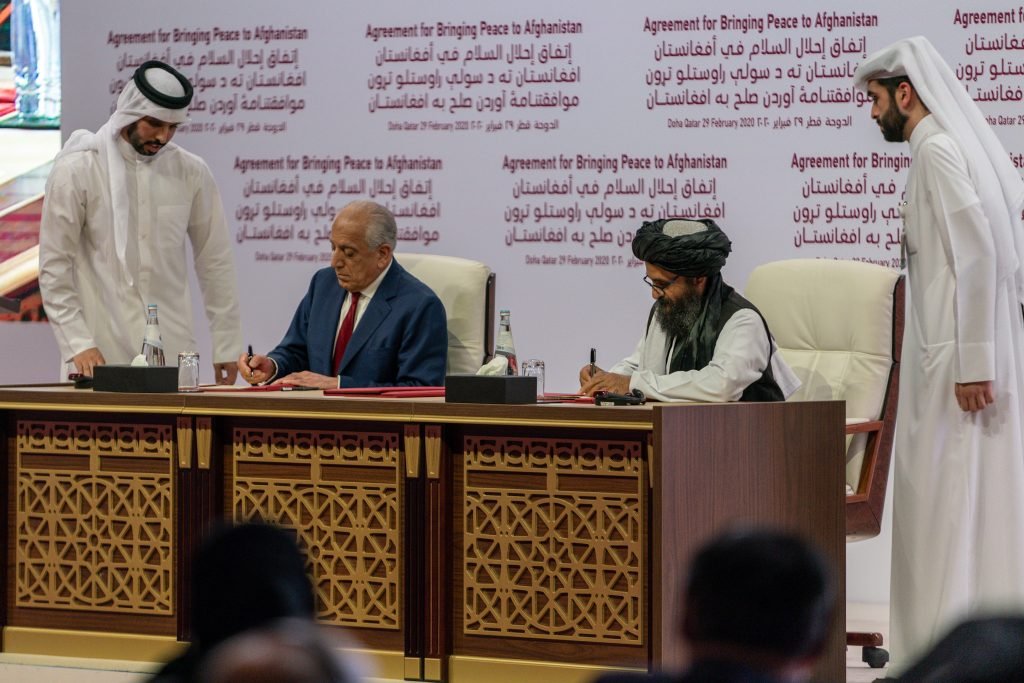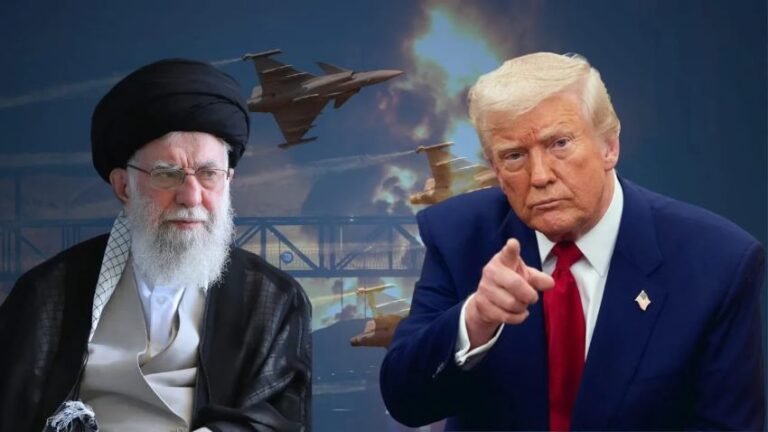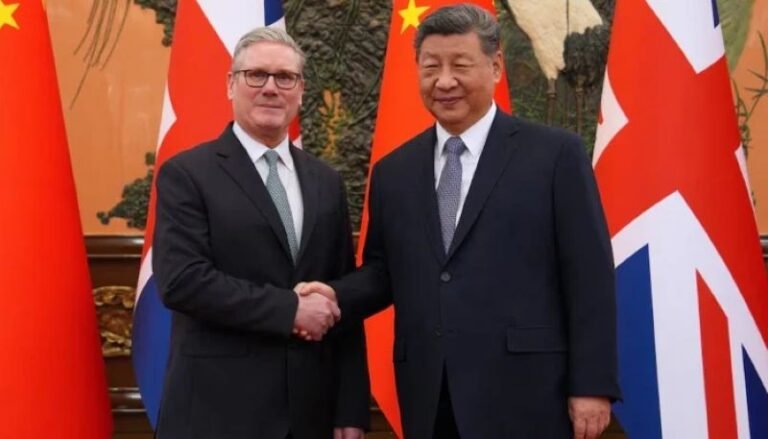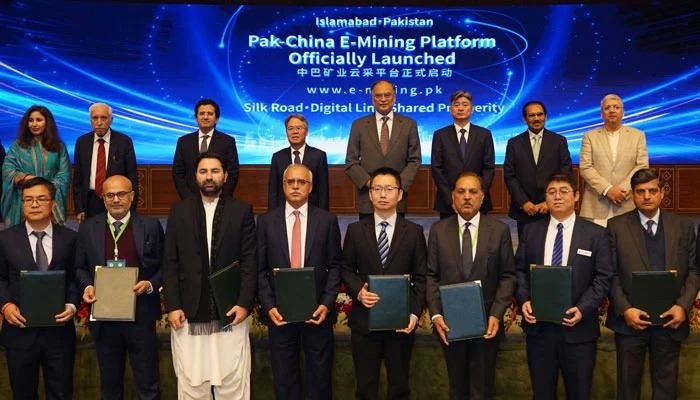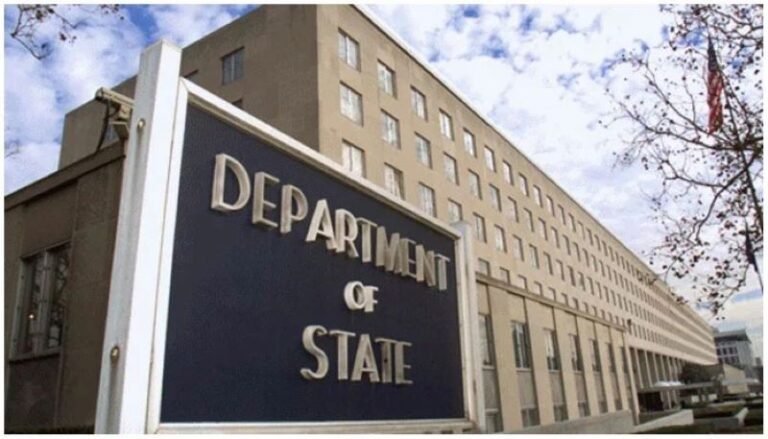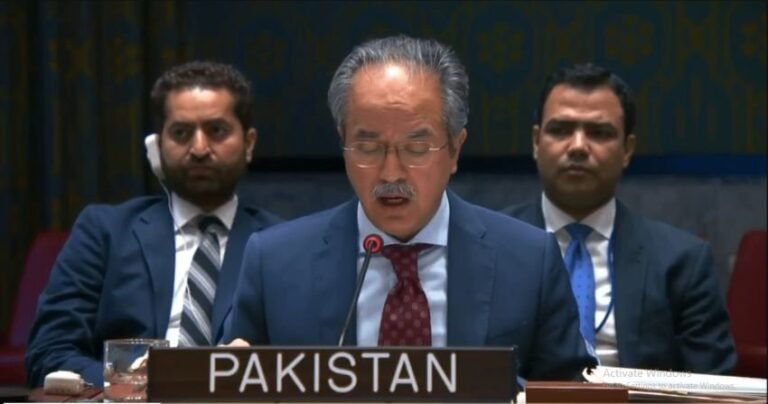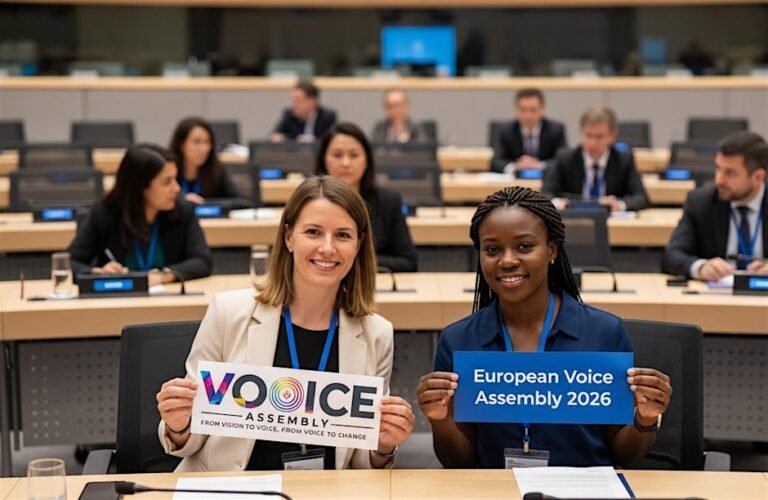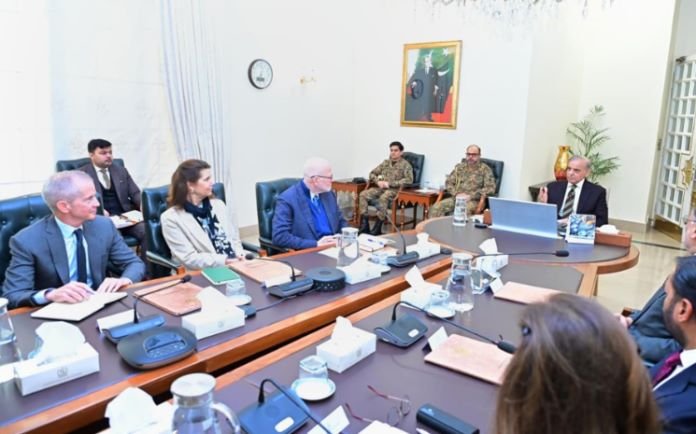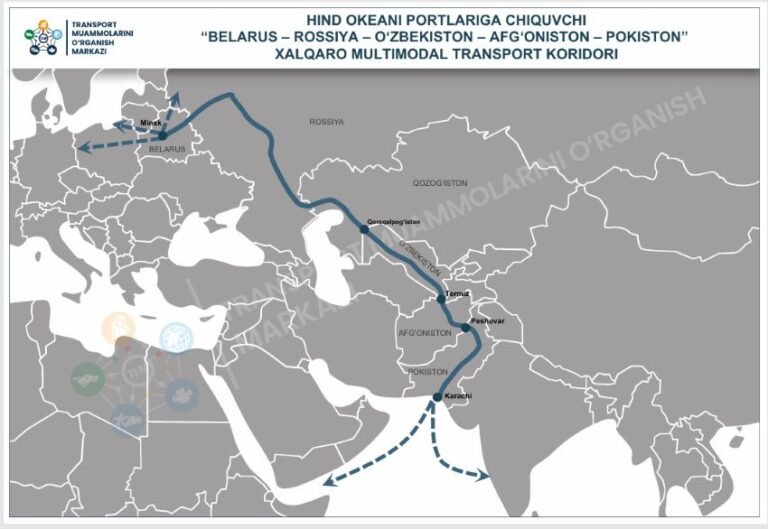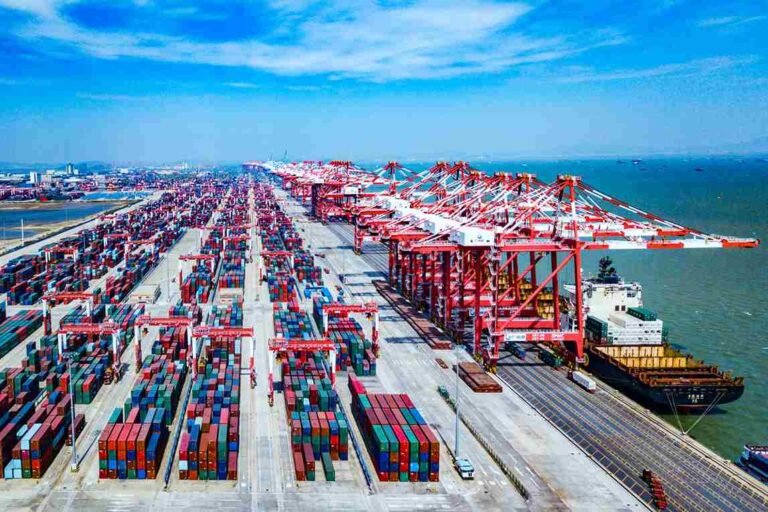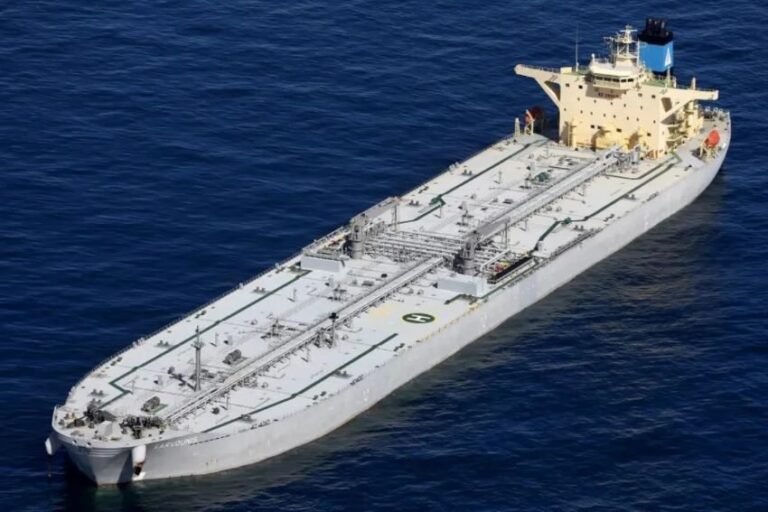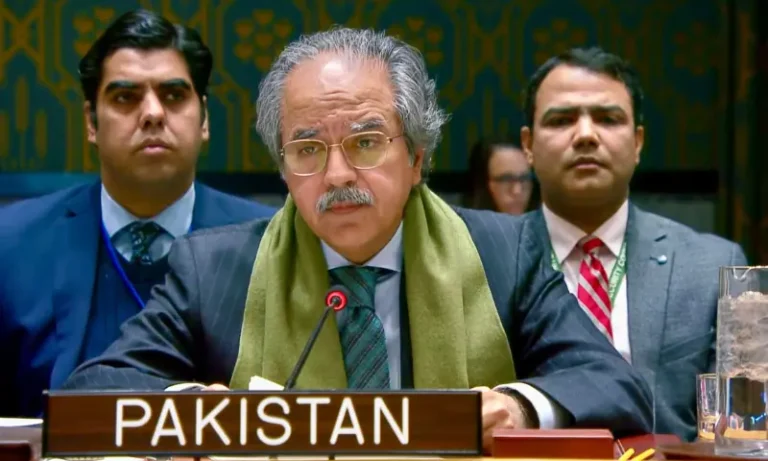Abdul Mussawer Safi
In recent years, the situation in Afghanistan has been turbulent, with several obstacles hampering growth and development. Almost three years have passed since the Doha accord, signed on February 29, 2020, yet, 28.3 million people are in dire need of humanitarian assistance. More than 6 million people are a step away from famine.
The U.S. has stopped about $7 billion from going into Afghanistan’s banks, crashing the country’s financial industry. Many humanitarian agencies and organizations have suspended their services, which has significantly affected the country’s economy and the lives of its residents. Because of this, there is a significant lack of funds, which makes it impossible for the Afghan government to provide essential services to its people.
Since regaining power in Afghanistan, the Taliban have made pledges to secure women’s rights, but their actions have fallen far short. In addition to restrictive practices, there have been stories of girls being denied an education and women being compelled to wear burqas.
The Taliban’s treatment of women and inaction on human rights concerns have prompted worldwide censure and intervention. As a direct consequence of the Taliban’s activities, the United States has, for instance, cut off $7 billion in funding to Afghanistan. This action is meant to convey to the Taliban the message that they must modify their conduct and respect human rights if they want to obtain international assistance.
Extreme weather in January 2023 has worsened the situation, killing 158 people and over 70,000 farm animals. This has hurt Afghanistan’s 34 provinces, which makes it harder for the country to get its economy back on track. Even though there are some problems, the agreement between the Taliban and the U.S. in Doha is historic, and it would be best for Afghanistan if it were entirely carried out.
Political, Security, and Humanitarian Crises Under Taliban Rule
Afghanistan faces many problems, ranging from the recognition of their country to the fulfillment of promises they have made to the world community in the Doha Agreement and the eradication of terrorist organizations from their land. The pivotal point that is essential to address is that the government in Afghanistan was not formed by the consensus of the people but rather by the implantation of religious practices under the Salafi doctrine.
The Taliban were unable to establish a complete political and governmental framework, which cast doubt on the competence of their leadership. In addition to grappling with difficult problems, they also encounter relatively minor issues, such as how to distribute humanitarian assistance, as they must approach women’s rights from the perspective of liberal Western nations.
For many years, Afghanistan’s sustainability has been an important question. The response of the rest of the world and its formal recognition of the Taliban-led Islamic Emirate of Afghanistan (IEA) has been a topic of debate, with many calling for caution and making sure that the IEA follows global norms and standards.
The IEA must implement a comprehensive constitution to gain political legitimacy and recognition. But the International Afghanistan Group’s (I.A.G) decision to turn down this plan has made it harder to build a stable democratic system in the country. Also, the IEA’s failure to follow the Doha Accord has worsened Afghanistan’s security.
Moreover, humanitarian crises will make the Afghan people suffer more. The fact that the IEA cannot stop terrorists from using Afghan land or airspace to attack other countries has caused concern in the international community, and the IEA needs to do something about it. The current situation in Afghanistan is alarming to the rest of the world because the country is facing a worsening humanitarian and security crisis. In this context, fulfilling the Doha agreement is essential for guaranteeing the stability and welfare of the Afghan people.
Many aspects of this subject must be evaluated from a current perspective. At first, the I.A.G. oversees the Afghan people’s well-being and stability. The I.A.G. must take fundamental steps to end the current crisis in Afghanistan and put the country on the path to long-term growth. The Islamic State Khorasan Province (I.S.K.P.) is trying to show that it is Afghanistan’s most significant threat to the Taliban. If Afghanistan followed the Doha deal, it would be possible to ask the U.S. to help Afghan forces fight the ISKK or Al-Qaeda (AQ).
This would be essential for fighting terrorism and restoring peace and stability in Afghanistan. Consequently, there have been reports of fighting between different Taliban groups. This, combined with the I.A.G.’s weak control over smaller groups, will likely worsen Afghanistan’s problems. This is a fundamental problem that needs to be fixed right away because it could make things even worse in the state.
Pakistani delegation’s visit to Afghanistan sparks hopes for regional peace
The recent rise in terrorist attacks in Pakistan and the visit of a Pakistani delegation to Afghanistan shows how vital the Doha accord is for stopping terrorism and keeping peace in the region. Pakistan’s Defence Minister Khawaja Asif led the delegation, which only had one goal: to prevent terrorist attacks and hold back Tahreek-E-Taliban Pakistan (TTP) militants from using Afghan soil.
Pakistan shared its major concerns with the IEA during the visit, which included the TTP’s affiliation with the Tehreek-I-Taliban Afghanistan (T.T.A) and their past coexistence, as well as the TTP’s presence in Afghanistan’s hideouts and shelters, and their untraceable movements and operations, all of which the IEA assisted Pakistan in discussing. The Pakistani delegation was briefed by the General Directorate of Intelligence (GDI) of the Afghan intelligence agency, who acknowledged that terrorism originating from Afghanistan was an issue.
However, they recognized the need for solutions to address Pakistan’s top security concerns better. The director general of the Interior Service Intelligence (I.S.I.), Nadeem Anjum, then gave solid proof to the IEA leadership that the TTP existed in Afghanistan and was involved in the terror activities in Pakistan.
The IEA could not deny this evidence. The IEA agreed to help solve the problem and promised to work for peace in the region and stop TTP militants in Afghanistan. But Pakistan’s leadership made it clear that Pakistan’s goodwill should not be seen as a sign of weakness and that substantial efforts should be made against TTP extremists. Also, they were apprehensive about what Afghan forces were doing along the border between Pakistan and Afghanistan.
Pakistan contradicted the IEA’s claim that Afghan citizens were mismanaged at several border crossings and emphasized their efforts to enable Afghan nationals’ lawful movement. Overall, the visit showed how vital the Doha accord is to ensuring peace and stability in the region and how everyone needs to do more to fight terrorism.
Conclusion
Three years after the Doha accord was signed, the situation in Afghanistan had a big effect on the country’s government and society. Even though there are problems with the deal, it is essential for a safer and more peaceful future in Afghanistan that it goes through. The Taliban’s refusal to follow the Doha Agreement’s terms has worsened the security and humanitarian crises, and the international community must act to fix these problems.
Recent events, such as an increase in terrorist attacks in Pakistan and a delegation from that country’s government traveling to Afghanistan, highlight the importance of the Doha deal in thwarting such attacks and keeping peace in the area. Complete political and administrative structures are emphasized in the memo as crucial to Afghanistan’s long-term viability.
*The author is an international relations student at the National Defense University Islamabad. He has a profound interest in World politics, especially in the regional dynamics of South Asia. His academic strengths are critical and SWOT Analysis. He tweets at @MussawerSafi and can be reached at mussawersafi1999@gmial.com
*Any opinions or perspectives expressed in this article are the author’s own and do not reflect the position of The Diplomatic Insight. Nor does the organization endorse or take responsibility for the accuracy of the article’s content.
Established in December 2008, The Diplomatic Insight is Pakistan’s premier diplomacy and foreign affairs magazine, available in both digital and print formats.

